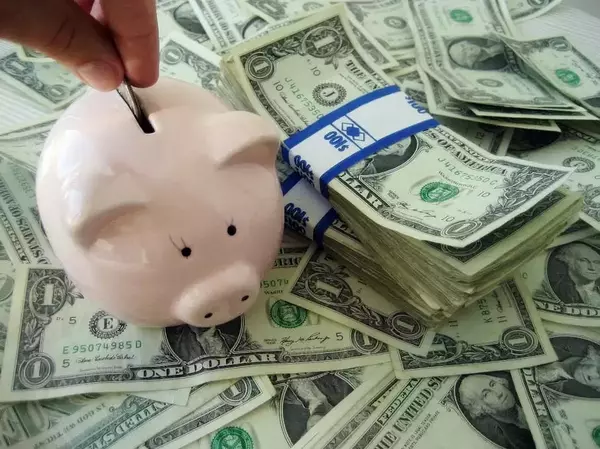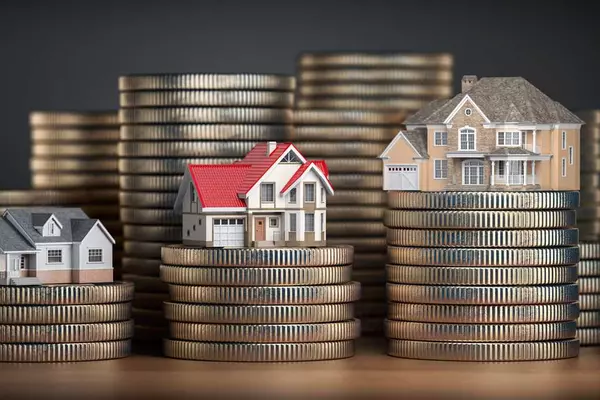
American Welcomes Angie Williams
FOR IMMEDIATE RELEASE American Real Estate, ERA Powered Welcomes Realtor® Angie Williams 20-year real estate veteran brings market and industry leadership to Lufkin office Lufkin, TX – January 7, 2025 – American Real Estate, ERA Powered is proud to announce the addition of Angie Williams to our Real

Best Ways to Save for a Down Payment
### Best Ways to Save for a Down PaymentSaving for a down payment can feel like an uphill battle, especially in today's fast-paced real estate market. However, with the right strategies and mindset, you can accumulate the funds needed to secure your dream home. Whether you’re a first-time buyer or l

Two Reasons Why the Housing Market Won't Crash
In recent months, many have speculated about the potential for a housing market crash. With rising interest rates and economic uncertainties, it’s natural to wonder about the stability of real estate investments. However, despite these concerns, two key factors suggest that the housing market is not
Recent Posts










